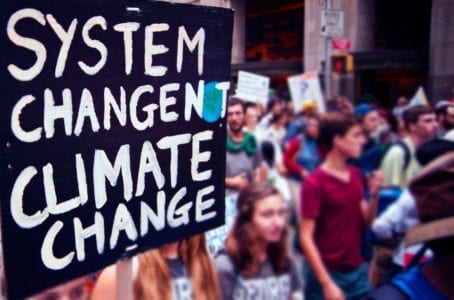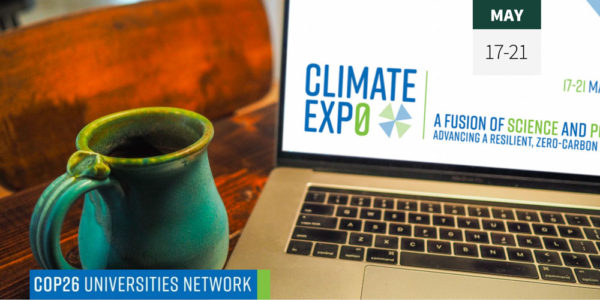A Typology and Mapping Method for Climate Actors in the UK
Journal Paper by Steven R Smith and Ian Christie
Sustainability 13(2) | January 2021

Summary
The types of political and policy knowledge required to guide rapid transition to low-carbon economies remain largely disconnected in the fields of political science, psychology, and sociology. The composition and key features of the main actors involved, and their relationships have also not been systematically described.
This paper attempts to address these knowledge gaps by proposing a new, integrative typology of actors involved in climate change mitigation policy in the United Kingdom (UK) and a method for mapping these actors and selecting their typological descriptors onto a 2D space.
The mapping method enables stakeholders to visualise and evaluate the strength of support for the UK government’s net-zero-by-2050 “green growth” strategy and the tensions, challenges, and strategic opportunities potentially facing more radical alternatives. The methodology could be replicated for climate actors in other countries and, in principle, for any geographical scale or level of governance.
Introduction
Climate scientists have warned that, in order to avoid potentially catastrophic consequences for humanity and planetary ecosystems, rapid decarbonisation of the global economy is necessary and urgent [1,2]. The efforts of the international community to date have resulted in the 2015 Paris Agreement [3]—a system of non-binding Intended Nationally Determined Contributions (INDCs)—and an ambition to limit global warming to 1.5 °C above the preindustrial average and to achieve net zero carbon global emissions by mid-century. When added up, current INDCs are forecasted to lead to between +3.2 °C and +3.7 °C of warming, and no G20 nation is currently on track to meeting even these [2,4,5].
Much research to address this “grand challenge” has been overwhelmingly sociotechnical in focus [6]. There is much less research and knowledge concerning the question of how political will and social resources can be generated to meet the urgency of climate disruption. Even where such knowledge exists, it tends to remain within the disciplinary boundaries of sociological studies of protests and social movements; business and organisation management; psychosocial dimensions of human values and motivations; and governance, law, and the policy process. As Gillion [7] (p.10) noted, “Real world events do not have the same disciplinary constraints found in academia.” Climate change politics over the last few years has amply demonstrated the complex, rapidly evolving, and multidimensional nature of real-world events.
Within this context, this paper seeks to identify a broad range of political and policy actors influencing the transition to net zero carbon in the UK, together with a list of key actor descriptors as informed by social science research [8,9,10]. The “landscape” of actors is complex, crowded, and changeable, and we see benefits for policy and advocacy organisations in having a visualisation tool and categorisation of the scene. We develop a novel typology for categorising the elements in this landscape and use a selection of them—actor type, actor sector, net-zero policy ambition, policy discourse, and relative policy influence—to map the actors onto a 2D space. The mapping format is intended to help stakeholders visualise the political landscape of greenhouse gas (GHG) mitigation in the UK and to evaluate the relative strengths, challenges, tensions, strategic opportunities, and alignments available for the expanding “ecosystem” of non-state actors.
Some experts have argued that a transition genuinely based on sustainability, equity, and capability [3] would oblige richer countries, including the UK, to develop net zero carbon economies well in advance of the global mid-century target [11,12]. It has also been argued that such a rapid transition, for example, one that achieves net zero carbon in the 2030s, would incur costs in excess of economic growth—thereby violating an imperative that is deeply embedded in the institutions, values, and worldviews of almost all business and governance actors. The dominant transition strategy therefore calls for a more managed, incremental, “ecomodernist” approach that relies on “green growth” via innovation in technologies rather than on radical shifts in consumption and values [13,14,15,16,17,18]. Our proposed typology and mapping framework may be particularly beneficial to more radical actors in their struggle to identify, persuade, and build common causes with a small but diverse alliance of advocates for rapid transition to net zero.
The article is available in open access format via the Sustainability Journal’s website. If you have difficulties accessing the paper, please get in touch: info@cusp.ac.uk.
Citation
Smith S R and I Christie 2021. Knowledge Integration in the Politics and Policy of Rapid Transitions to Net Zero Carbon: A Typology and Mapping Method for Climate Actors in the UK. In: Sustainability 2021, 13(2), 662



